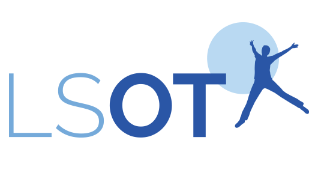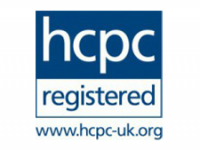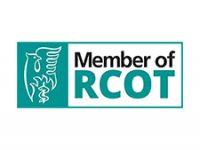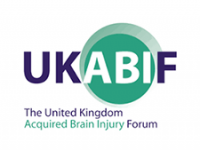

FAQs
CHOOSING A NEURO OCCUPATIONAL THERAPIST
What should I look for when choosing a neuro occupational therapist?
The role of neuro occupational therapy in brain injury rehabilitation is not always clear and at first it can be difficult to know what questions to ask. As a starting point, you should check that the occupational therapist specialises in the relevant area you need, eg, neurology. Next, it is important that you feel comfortable with their method of working with brain injury patients. We are often asked what does neuro occupational therapy involve? The answer is that it differs according to the individual client needs. LSOT tailors each neurological occupational therapy programme around the specific patient’s requirements. As a result, our treatment plans are less formal than those that may be provided by some other professionals in brain injury occupational therapy.
What qualifications should a neuro occupational therapy professional have?
It’s a good idea to check that your neuro occupational therapist is registered with the Health Care Professionals Council (HCPC) and the Royal College of Occupational Therapists. The standard qualification for an occupational therapist is a DipCOT or BSc, but your therapist may have also undertaken additional post-graduate training in a specialist area. You can rest assured that our neuro occupational therapy specialists have the appropriate memberships and qualifications required for professional practice. We have the neuro OT know-how to support patients through the brain injury recovery process.
Should I ask for references?
It makes sense to ask how many years’ experience a therapist has in neuro occupational therapy. You could also enquire into how many similar cases they have worked on in the last year and to see examples of people they have helped. LSOT’s neuro occupational therapy in London and the South East is well-regarded and highly-trusted, as demonstrated by our testimonials here.
NEURO OCCUPATIONAL THERAPY EXPERTISE
How important is experience in occupational therapy and neuro rehabilitation?
Very. Occupational therapy in neuro rehabilitation is where the patient has suffered a brain injury – perhaps in an accident or as a result of a stroke. It is important to remember that brain injury affects people differently and one size does not fit all. Everyone is different and where two people may struggle in the same area, the underlying reasons may differ significantly. As such, the strategy for dealing with each person needs to be built around the individual patient. The neuro occupational therapist you choose should have experience and a solid understanding of head injury conditions in order to establish what treatment will be required for your specific case.
LSOT is made up of a specialist and trusted team of associate neuro occupational therapy specialists.
Do all occupational therapists have the same terms and conditions?
Terms and conditions can vary so it’s a good idea to agree these before treatment begins.
What insurance does an independent neuro occupational therapist need?
Neuro occupational therapists should have a current certificate of professional indemnity insurance. Please contact us if you would like to see ours.
INDEPENDENT OCCUPATIONAL THERAPY SESSIONS
What does neuro occupational therapy rehabilitation cost?
If you would like a more detailed idea of costs in order to be able to instruct us, please call us on 07563 310 605.
How long does a neuro occupational therapy assessment take?
This depends on the client and what we are being asked to achieve. LSOT’s neuro occupational therapy for survivors of brain injury starts with an initial two-hour meeting. This may be sufficient. We ask for basic information on the key neurological problems and goals, then write up a basic report in what neuro occupational therapy we believe will achieve those goals. If this meeting is not long enough, a second visit may be necessary. During this, a practical exercise may be carried out, as well as a potentially standardised assessment resulting in a more formalised neuro occupational therapy report.
What is the typical length of neuro occupational therapy for a patient with a brain injury?
Again, this depends on the injury and on a client’s identified challenges and goals. This would also be influenced by the involvement of other disciplines that may need to work with the neuro occupational therapy team to maximise the opportunities for the patient. We can usually give a better idea of the probable length of the process after our initial consultation. If you have further questions about LSOT’s neuro occupational therapy approach, please call us on 07974 220087 and we will be happy to help.
For more information call 07563 310 605 or click here to email
© Laura Slader Independent Occupational Therapy Services Ltd. 2020
